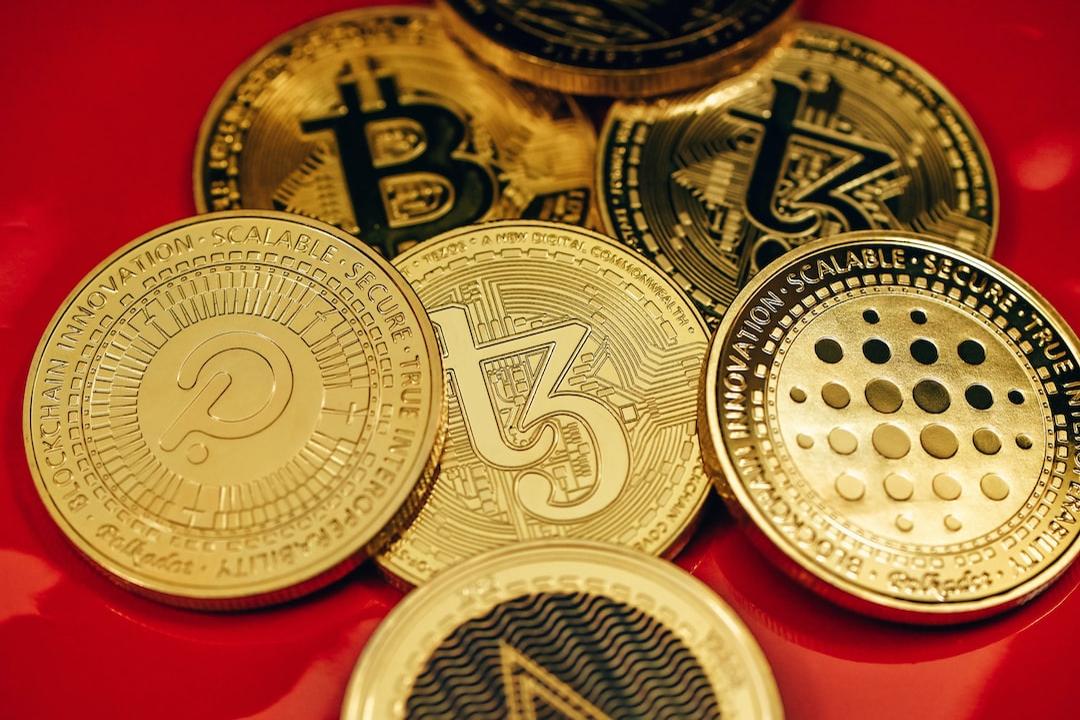Korean regulators are facing increasing pressure to give the green light to cryptocurrency exchange-traded funds (ETFs) following the recent approval of Ethereum ETFs by the United States Securities and Exchange Commission (SEC), according to local media reports. The SEC’s decision to allow the creation of ETFs for Ethereum, the world’s second-largest cryptocurrency, is expected to influence Seoul’s financial regulators to reconsider their stance on digital assets. The approval of crypto ETFs represents a significant step in bridging the gap between traditional finance and the digital asset industry. In contrast to their US counterparts, the Korean Financial Services Commission (FSC) and Financial Supervisory Service (FSS) have been cautious about introducing crypto asset trading on traditional securities markets. The FSC requires ETFs to comply strictly with the Capital Markets Act, which states that they must be linked only to traditional underlying assets such as established financial instruments, securities, international currencies, and commodities. The FSC is a government agency responsible for overseeing and regulating financial institutions and financial markets in South Korea. The South Korean government updated the Virtual Asset Users Protection Act in early February. Xangle, a leading digital currency data provider based in Seoul, has criticized the ban on digital assets in the traditional securities market, describing it as outdated and in need of revision to accommodate the growing significance of digital assets in modern finance. Jung Eui-jung, the head of the Korean Stockholders’ Alliance, has emphasized the importance of Seoul following the US example and approving Bitcoin and Ethereum ETFs, warning that the current hesitance is causing frustration beyond the crypto sector. Jung cautioned that if Seoul regulators do not make progress while the US advances, investors may shift their funds to US markets, and it will only be a matter of time before the US fully opens the door for other less-traded cryptocurrencies.

